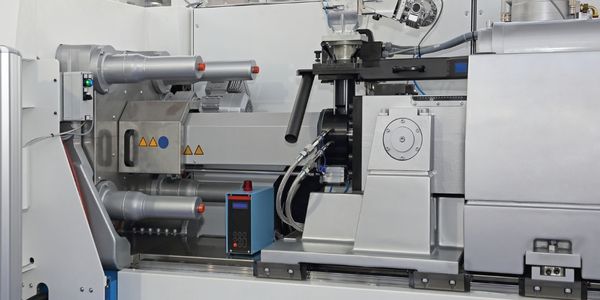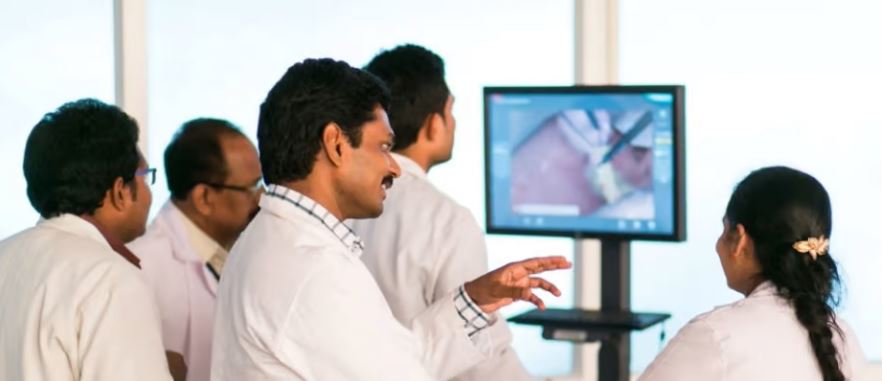Download PDF
Meteomatics Data Enhances ABS Wavesight's Navigational Safety and Sustainable Shipping
Technology Category
- Analytics & Modeling - Machine Learning
- Functional Applications - Fleet Management Systems (FMS)
Applicable Industries
- Education
- Plastics
Applicable Functions
- Quality Assurance
Use Cases
- Fleet Management
- Transportation Simulation
Services
- Data Science Services
The Challenge
ABS Wavesight, a maritime software as a service (SaaS) company, was seeking to improve its risk management platform, ABS My Digital Fleet™, by integrating high-resolution historical and forecast weather data. The company aimed to provide actionable insights to its users to help them understand and lower fuel consumption, improve bunker costs, and reduce carbon intensity levels. Additionally, ABS Wavesight wanted to highlight the potential structural impacts from weather exposure during a ship’s voyage to better understand and mitigate risk. The challenge was to find a suitable partner that could provide accurate and hyperlocal weather data that could be seamlessly integrated into their existing platform.
About The Customer
ABS Wavesight is an ABS Affiliate maritime software as a service (SaaS) company. It is dedicated to helping shipowners and operators streamline compliance while maintaining competitive, more efficient, and sustainable operations. ABS Wavesight's ABS My Digital Fleet™ is a customizable risk management platform that integrates data to provide real-time insights for driving sustainable operations and reducing operational risks. The ABS My Digital Fleet Alliance Program nurtures an ecosystem of industry trusted intelligence and technology providers enabling integrated insights for clients on one unified platform.
The Solution
ABS Wavesight partnered with Meteomatics to add on-demand, high-resolution historical and forecast weather data to its ABS My Digital Fleet™ risk management platform. Meteomatics' powerful hyperlocal weather data and high accuracy forecasts were the perfect match for ABS Wavesight's needs. When combined with ABS’ machine learning capabilities on ABS My Digital Fleet, the integration of Meteomatics' data was a game changer for the maritime industry in its journey towards digitalization and decarbonization. The high-quality weather data provided by Meteomatics could be immediately and easily integrated into existing systems, allowing any AI or machine learning to be trained directly and efficiently. This led to noticeable improvements and efficiency gains in many kinds of operations.
Operational Impact
Related Case Studies.

Case Study
Plastic Spoons Case study: Injection Moulding
In order to meet customer expectations by supplying a wide variety of packaging units, from 36 to 1000 spoons per package, a new production and packaging line needed to be built. DeSter wanted to achieve higher production capacity, lower cycle time and a high degree of operator friendliness with this new production line.

Case Study
Boiler Control System for Plastic Manufacturing Applications
Factory automation applications must be equipped to handle and monitor the myriads of information from attached devices. For plastic manufacturing applications, the boiler control system plays a critical role by gathering and regulating information to ensure production is accurate and smooth. In this particular case, the customer combines eight subsystems that include power meters, water meters, alarm output, displays, and I/O status to be controlled by several intelligent controllers with Modbus RTU interface. The Modbus TCP protocol is used for this application due to the distance. System Requirements: • Modbus serial to Modbus TCP translation • Multiple slaves/masters support • Automatic Modbus TCP response time detection

Case Study
Ascend Performance Materials Case Study
Ascend operations must access multiple software systems to manage day-to-day operations in an effective and secure manner. These systems generate large sets of data which contain critical information pertaining to management systems, planning and cost information in business systems and energy consumption. As a result, Ascend management was challenged with creating relevant reports reflecting performance measures in overall context of their operational process. The company’s previous process entailed collecting and analyzing data manually which was not effective, since the information collected was generated after the fact, and was too complex for collaborative use across the organization.

Case Study
Remake Enterprise-to-production System
The client was running a legacy material flow tracking system and wanted to replace the system with a more effective one as the system was increasingly expensive to maintain and support and also was not extendable. The client's IT landscape was filled with modern applications and it was difficult to interface the material flow tracking system with modern applications.

Case Study
IoT platform Enables Safety Solutions for U.S. School Districts
Designed to alert drivers when schoolchildren are present, especially in low-visibility conditions, school-zone flasher signals are typically updated manually at each school. The switching is based on the school calendar and manually changed when an unexpected early dismissal occurs, as in the case of a weather-event altering the normal schedule. The process to reprogram the flashers requires a significant effort by school district personnel to implement due to the large number of warning flashers installed across an entire school district.

Case Study
Revolutionizing Medical Training in India: GSL Smart Lab and the LAP Mentor
The GSL SMART Lab, a collective effort of the GSL College of Medicine and the GSL College of Nursing and Health Science, was facing a challenge in providing superior training to healthcare professionals. As clinical medicine was becoming more focused on patient safety and quality of care, the need for medical simulation to bridge the educational gap between the classroom and the clinical environment was becoming increasingly apparent. Dr. Sandeep Ganni, the director of the GSL SMART Lab, envisioned a world-class surgical and medical training center where physicians and healthcare professionals could learn skills through simulation training. He was looking for different simulators for different specialties to provide both basic and advanced simulation training. For laparoscopic surgery, he was interested in a high fidelity simulator that could provide basic surgical and suturing skills training for international accreditation as well as specific hands-on training in complex laparoscopic procedures for practicing physicians in India.





